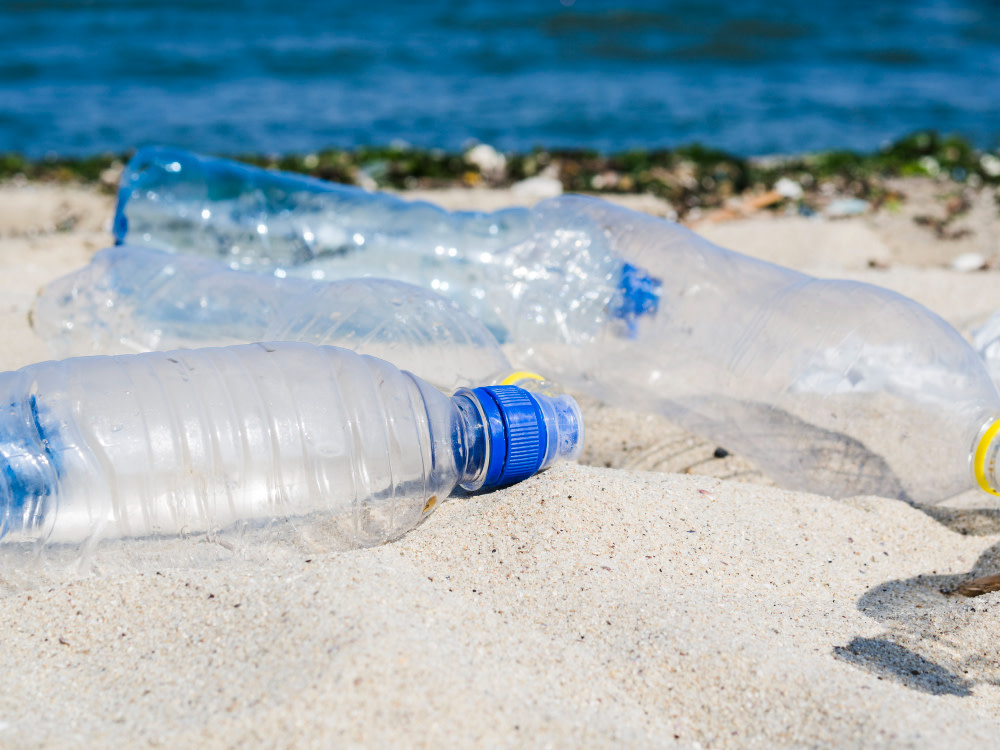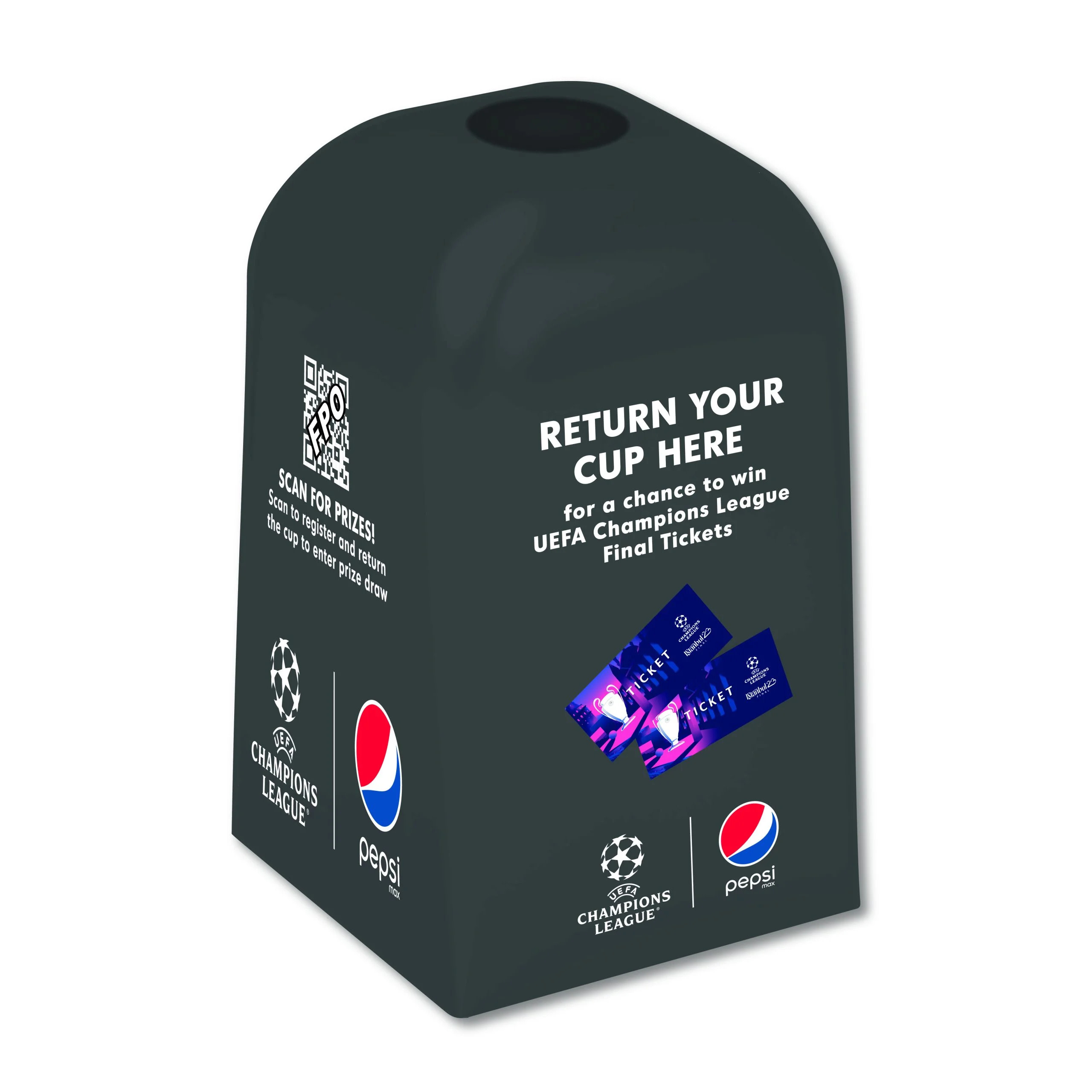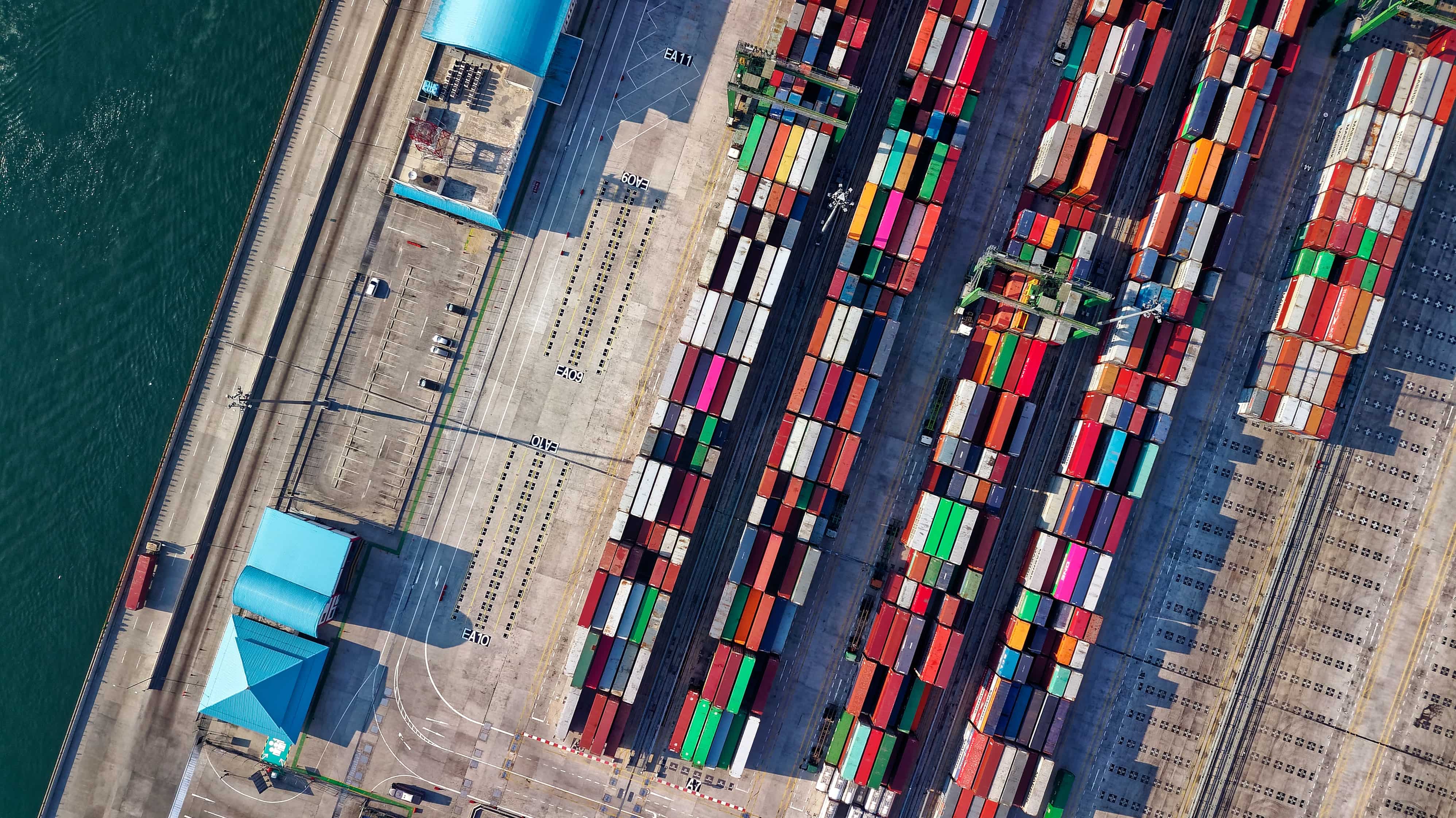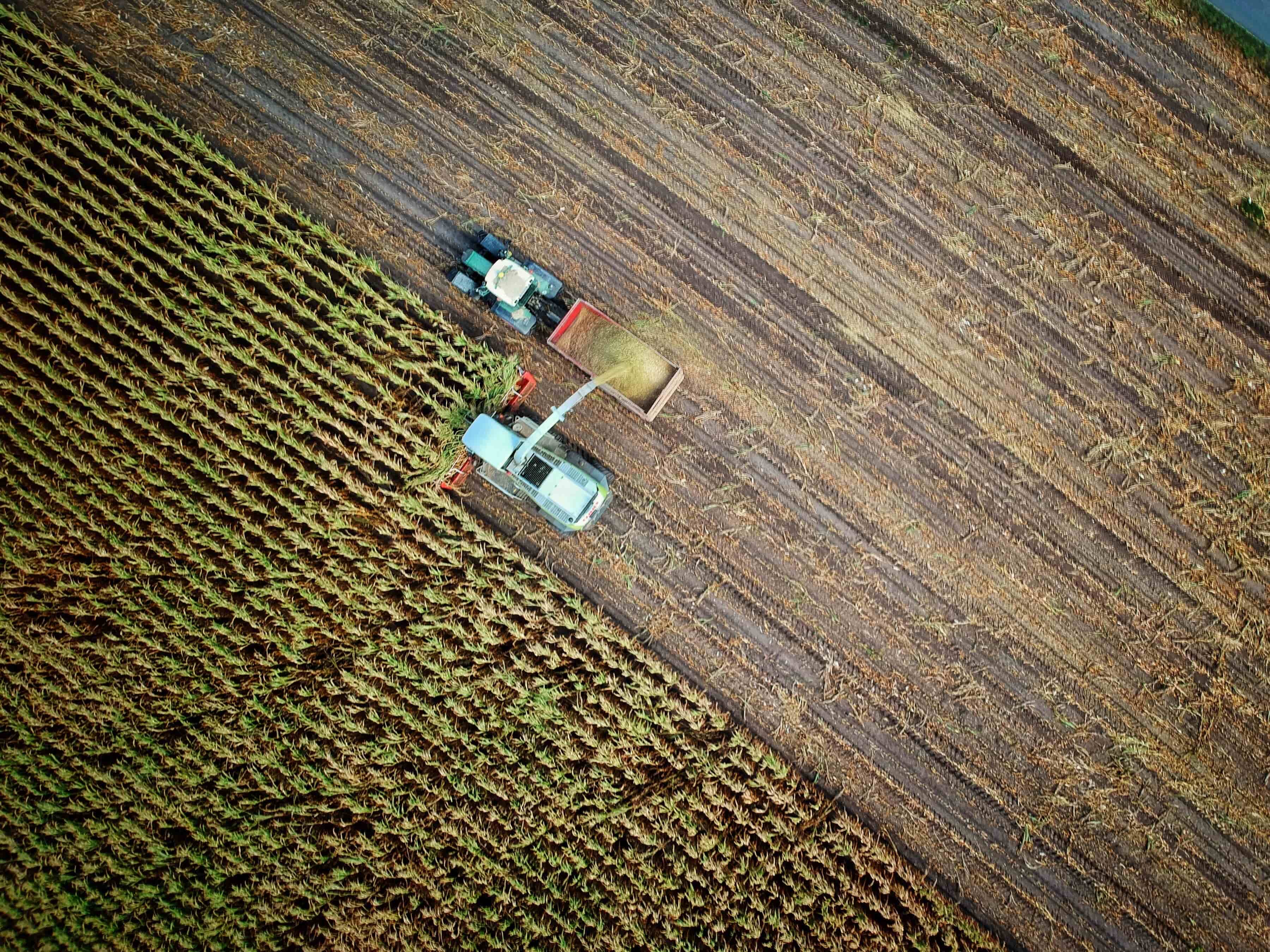PepsiCo Declares New Initiatives and Collaborations in Honor of World Water Day
PepsiCo, Inc.
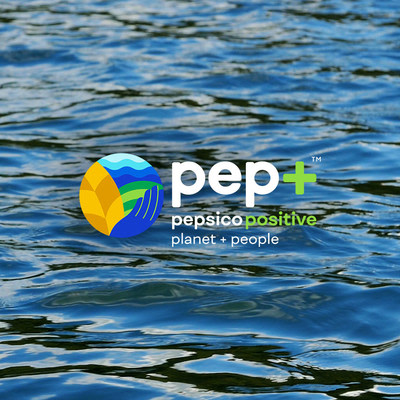
PepsiCo, Inc. announced several new innovations, investments, and partnerships to advance its goal of becoming Net Water Positive by 2030. This includes investing nearly $2 million in the Colorado River Basin and developing a new technology to recover more than 50% of the water used in potato chip manufacturing.
PepsiCo's Chief Sustainability Officer says the company has nine years to reach its 2030 Net Water Positive goals. "We're looking at our full value chain, from top to bottom, and asking how we can use innovation and creativity to make PepsiCo's water resources better a decade from now?"
More than a dozen new programs have been created since the company's "Net Water Positive" announcement in August 2021.
New technology recovers 50% of potato chip water
PepsiCo's Global R&D team has proven a groundbreaking method for condensing and treating fryer steam to recover more than 50% of the water used in potato chip manufacturing lines. The condensation energy can be used to cool the plant or generate electricity, reducing its energy needs.
PepsiCo implemented this technology at its facility in Kolkata, India, where a proof-of-concept showed it could save 60 million liters of water a year. In seven years, nearly 30 potato chip factories in high-water-risk areas will adopt the technology.
Almost $2 million in Colorado River Basin investments
The American West, especially the Colorado River Basin, is water-stressed. PepsiCo invested nearly $2 million in two partnerships to advance its Net Water Positive goals in this watershed.
PepsiCo's North American businesses are partnering with Trout Unlimited to reconnect two segments of the Colorado River near Denver, Colorado. By building a mile-long channel to bypass Windy Gap Reservoir, the initiative will restore perennial river flows, create 18 acres of new wetlands, restore 50 acres of riverside habitat, and replenish 380 million gallons of water per year.
PepsiCo also invests in the Colorado River Basin Fund, a $5 million "future of water" venture capital fund that incubates technology solutions to address water scarcity in this watershed. The fund will invest in startups addressing water scarcity, quality, and equitable access through technologies like smart home leak detection, real-time water quantity and quality monitoring, and next-generation water recycling and alternative sources. This first-mover investment will help develop new watershed solutions.
8 million more people will have safe water in 2021.
PepsiCo Foundation's safe water program reached 8 million more people in 2021. Since 2006, the company has helped 68 million people get safe water, with 100 million by 2030. The Foundation is granting $1.5 million over three years to two new water stewardship programs in Latin America and Nigeria.
"Access to safely managed water and sanitation services is a major challenge for large portions of these regions,"
said C.D. Glin, PepsiCo Foundation Vice President and Global Head of Philanthropy.
"We're focusing on public health, economic growth, and climate resilience."
Building on a decade-long partnership with the IDB's Aqua Fund, the Foundation is committing an additional $500,000 to improve water access and sanitation in Latin America, bringing its total investment to over $10 million. In Nigeria, the Foundation grants $1 million to WaterAid to support water supply and sanitation facilities and hygiene programs.
N-Drip partnered to scale drip irrigation
Flood or trench irrigation floods fields at regular intervals, wasting up to 70% of the water used. N-high-efficiency Drip's irrigation system is powered by gravity and harnesses the water-saving benefits of high-pressure drip irrigation with low energy, operating, and maintenance demands, making it accessible to all types of farmers and crops.
PepsiCo piloted N-technology Drip's in India, Vietnam, and the U.S. and saw improved crop yields, reduced fertilizer use, and 50% less water used than flood irrigation. The companies hope to help farmers adopt the technology on 10,000 hectares by 2025.
Source: Pepsico news



